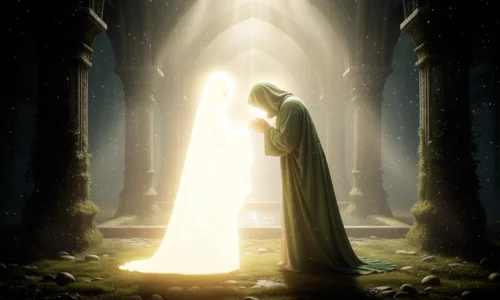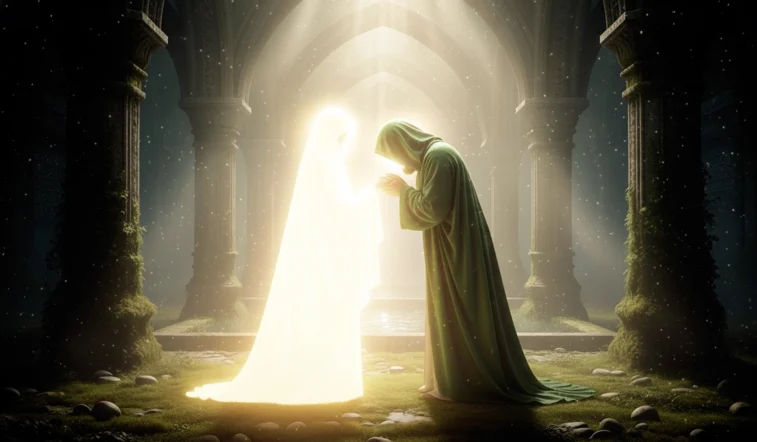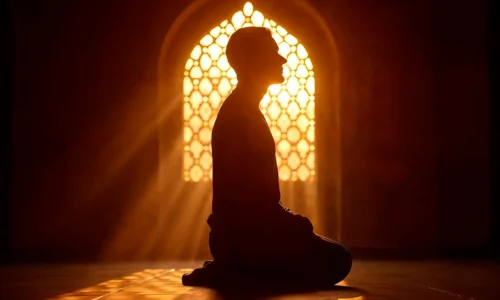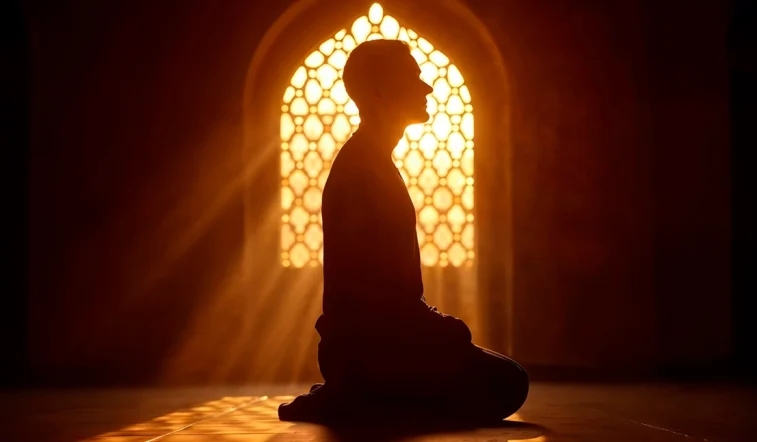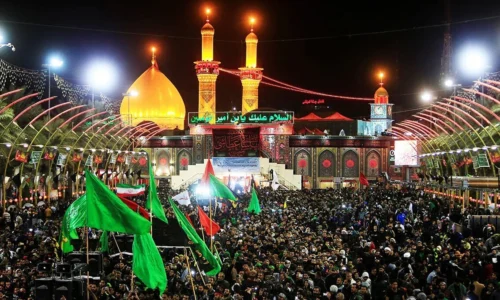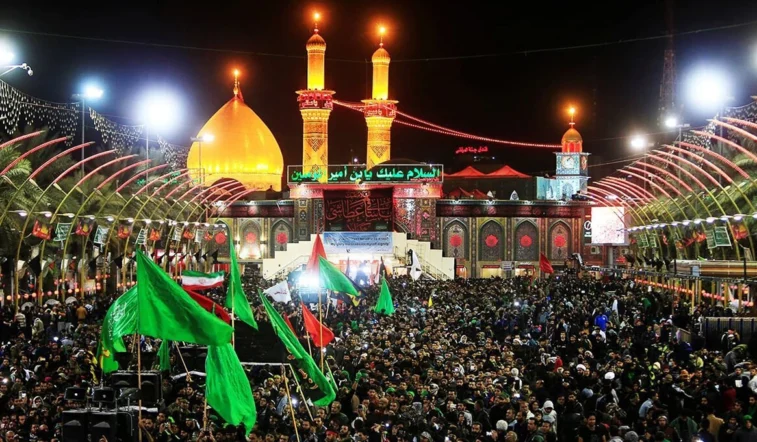One of the most profound and mysterious aspects of Islamic eschatology is the concept of the occultation (Ghaybah) of Imam Mahdi (AJ), the 12th Imam in Shia Islam. Believed by millions of Shia Muslims to be the divinely guided leader and the awaited savior of humanity, Imam Mahdi’s life took a remarkable turn when he entered a divinely decreed state of concealment. This article explores the historical, theological, and spiritual reasons behind his occultation and what it means for the faithful today.

Who Is Imam Mahdi (AJ)?
Imam Muhammad ibn al-Hasan al-Mahdi (AJ), born in 255 AH (869 CE) in Samarra, Iraq, is the son of Imam Hasan al-Askari (AS), the 11th Imam, and the final divinely appointed Imam in the line of the Prophet Muhammad’s (PBUH) descendants. According to Shia belief, he was born under miraculous circumstances and was protected from the ruling Abbasid authorities who sought to eliminate the Imamate line.
His life marks the beginning of a unique chapter in Islamic history—his occultation—which occurred in two stages: the Minor Occultation (Ghaybat al-Sughra, 260–329 AH) and the Major Occultation (Ghaybat al-Kubra, from 329 AH until his return).
Why Did Imam Mahdi Go into Occultation?
The occultation of Imam Mahdi (AJ) is not a random disappearance but a divinely orchestrated event with deep theological wisdom and historical necessity. Scholars and narrations offer several key reasons:
1. Protection from Oppression
The primary reason for the occultation was to protect the life of the Imam. The Abbasid caliphs, aware of the prophecy that the Mahdi would rise to challenge tyranny and restore justice, were determined to prevent his birth and kill him if found. His concealment ensured his survival from the oppressive regime, preserving the lineage of Imamate and God’s proof on Earth.
2. Divine Test of Faith
The occultation serves as a test of faith and loyalty for the followers of Ahlul Bayt. In the absence of a visible Imam, believers are challenged to remain steadfast in their devotion, adhere to Islamic principles, and maintain their connection with the Imam through spiritual means. The Qur’an itself alludes to trials of hidden truths as part of divine wisdom:
“Do the people think they will be left alone to say, ‘We believe,’ without being tested?”
(Qur’an 29:2)
3. Preparation for a Universal Mission
Imam Mahdi’s (AJ) mission is not local or regional—it is global and universal. His occultation is a period of preparation—both for him and for humanity. When he reappears, he will lead a worldwide movement of justice, unite the oppressed, and reform corrupt systems. Such a monumental task requires a world that is ready to receive him, and believers who are spiritually mature.
4. Continuity of Divine Guidance
Even in occultation, the Imam continues to guide and support the ummah through indirect means. During the Minor Occultation, this guidance came through four appointed deputies who acted as intermediaries. In the Major Occultation, this guidance is more subtle—through scholars, jurists, and inspired hearts. According to Hadith, the Imam said:
“As for benefiting from me during my occultation, it is like benefiting from the sun when it is behind the clouds.”
This metaphor underscores the continuous but hidden presence of the Imam in the lives of believers.
5. Preservation of the True Message
In a world increasingly polluted by distortion, political manipulation, and innovation in religion, the occultation protects the purity of the divine message. The hidden Imam serves as a guardian of true Islam, preserved until the time is ripe for his return when truth can be established without compromise.
How Do Believers Connect with the Hidden Imam?
Despite his absence, millions of Muslims maintain a deep emotional and spiritual connection with Imam Mahdi (AJ). They pray for his reappearance, remember him in supplications such as Dua al-Nudbah and Ziyarat Aale Yasin, and strive to live according to the values he will champion—justice, truth, patience, and resistance to oppression.
Believers are also encouraged to:
- Recognize and follow qualified religious scholars as representatives of the Imam during occultation.
- Stay vigilant and hopeful for his return.
- Promote awareness and understanding of Imam Mahdi among Muslims and the wider world.
Conclusion
The occultation of Imam Mahdi (AJ) is not merely an absence—it is a divine strategy filled with wisdom. It serves to protect, to test, to prepare, and to preserve. In his absence, the responsibility falls on the faithful to uphold justice, truth, and spiritual integrity until the day he reappears to lead humanity toward a world illuminated by divine justice.
Awaiting the Mahdi is not a passive act; it is an active commitment to building the world he will one day govern.
